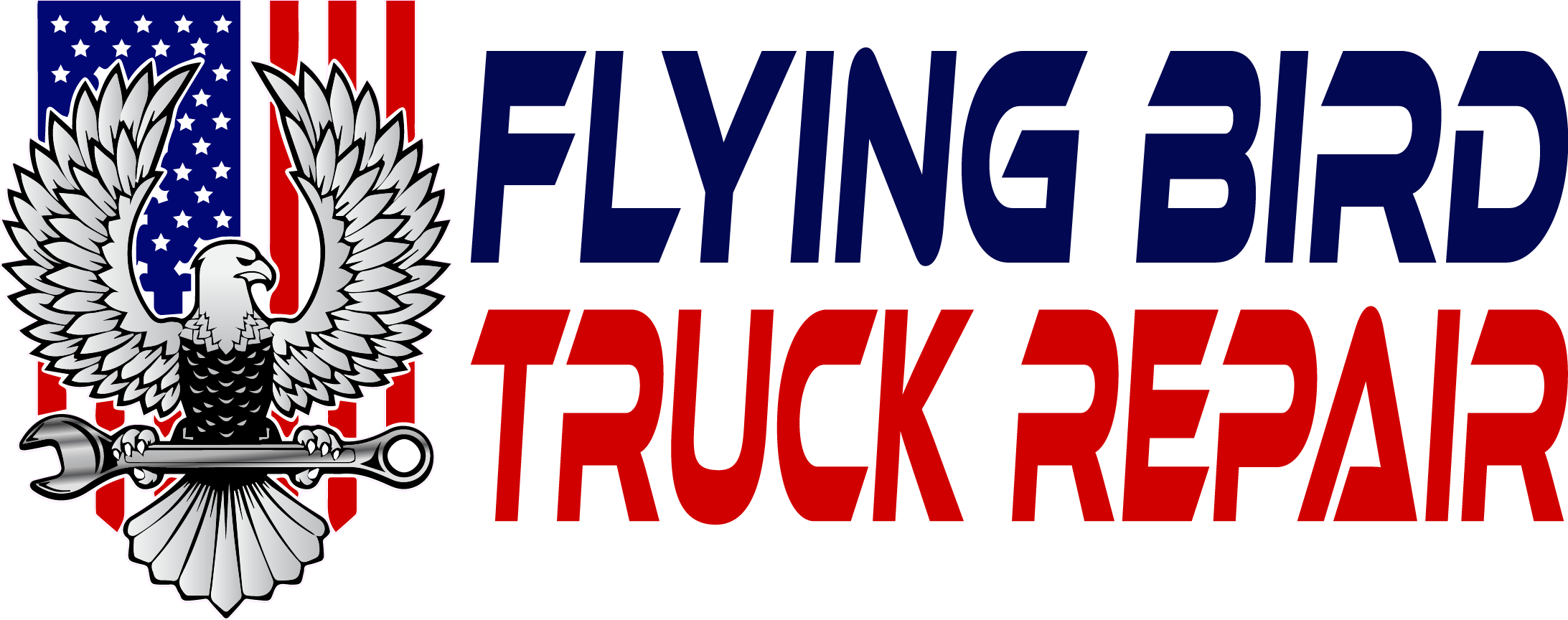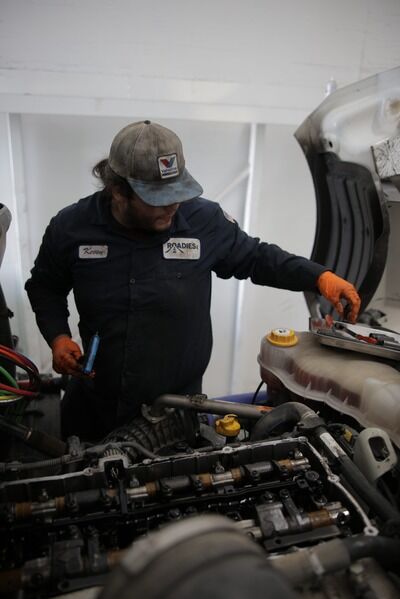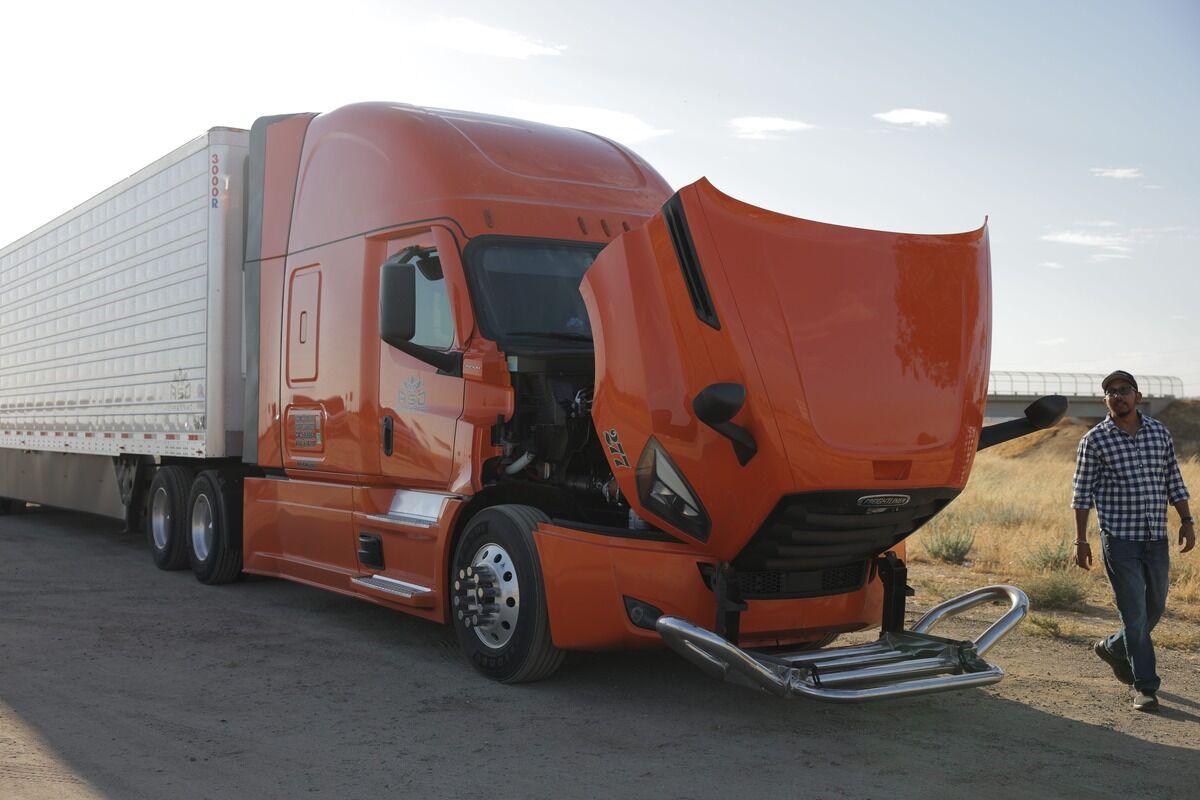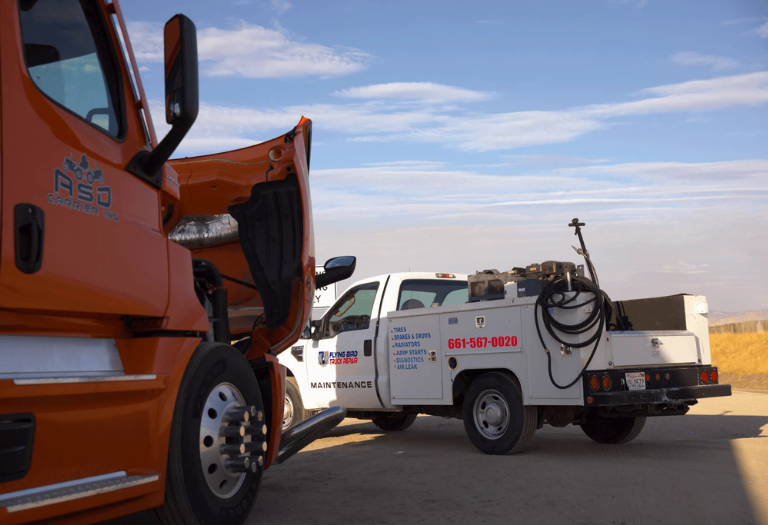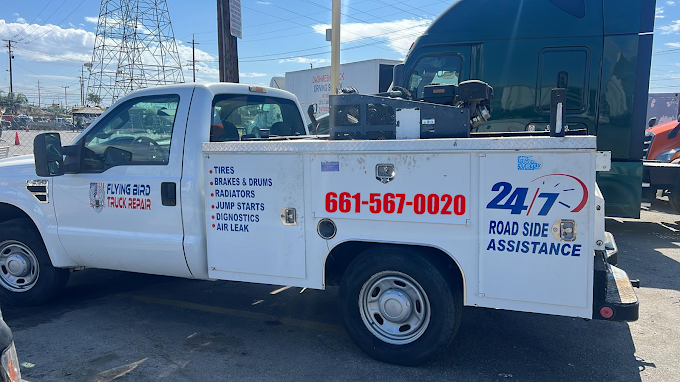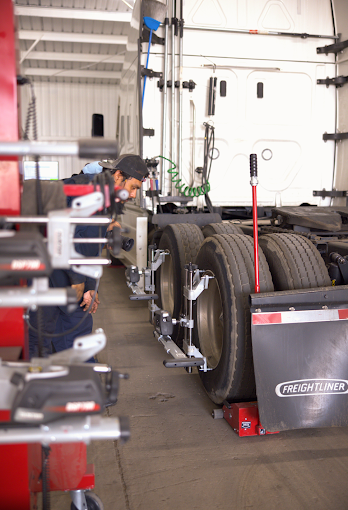When you’re behind the wheel of a heavy-duty truck, safety is everything. You’re not just carrying cargo; you’re carrying a responsibility to your company, your fellow drivers, and everyone else sharing the road. To keep your vehicle safe while driving, the brakes are essential. When they fail, the implications can be costly. That’s why brake failure prevention should always be a top priority for every truck owner, driver, or fleet manager.
Unlike smaller vehicles, heavy-duty trucks can weigh up to 80,000 pounds when fully loaded. That’s a lot of weight to stop, especially at highway speeds or on downhill grades. Now imagine trying to stop all that momentum with brakes that are worn out, overheating, or simply not working right. It’s a nightmare scenario—and unfortunately, it’s more common than most people realize.
Brake-related issues are one of the major causes of truck accidents across the nation. These aren’t just fender-benders—we’re talking about serious collisions that lead to property damage, injuries, or even loss of life. That’s why focusing on heavy-duty truck brake safety isn’t optional. It’s a non-negotiable part of being a responsible driver or fleet operator.
But here’s the good news: Most brake failures are preventable. Yes, preventable.
With the right knowledge, regular truck brake maintenance, and smart driving habits, you can avoid most of the dangers that come with brake problems. Whether you’re an independent owner-operator, a long-haul driver, or managing a whole fleet of commercial vehicles, knowing how to keep your brake system in check can save you money, downtime, and most importantly, lives.
In this guide, we’ll break down what causes brake issues, how to spot warning signs early, and what steps you can take to ensure you’re doing your part in preventing brake failure in trucks. And don’t worry—we’re keeping it simple, honest, and to the point. No technical jargon, just real-world advice that works.
Because when it comes to your brakes, there’s no room for shortcuts.
Why Brake Failure in Trucks Is a Big Deal
Before we dive into the how-to part, let’s first understand why preventing brake failure in trucks matters so much.
Unlike regular cars, heavy-duty trucks carry tons of weight—literally. That means when you need to stop, your brakes are under a lot more pressure. Add to that long hauls, downhill driving, stop-and-go traffic, and you’ve got a system that’s working overtime.
If the brakes give out, a truck can become a dangerous, runaway machine. It’s not just about stopping late—it’s about not stopping at all. That’s a risk no one can afford to take.
Common Causes of Brake Failure in Heavy-Duty Trucks
Understanding the causes of braking difficulties is the first step toward avoiding brake failure. Here are the most common reasons brakes give out on heavy-duty trucks:
1. Overheating
When brakes are used repeatedly over long distances, especially going downhill, they can overheat. This leads to something called “brake fade,” where the brakes lose their grip.
2. Air Brake System Leaks
Most heavy-duty trucks use air brakes. If there’s a leak in the system, the pressure drops, and the brakes won’t work properly. It can be gradual, or it can happen suddenly.
3. Worn-Out Brake Pads or Shoes
Brake pads and shoes wear out over time. If they get too thin and aren’t replaced in time, they can’t generate the friction needed to stop the truck safely.
4. Faulty Drums or Rotors
If your brake drums or rotors are warped, cracked, or worn out, they’ll reduce braking efficiency and can even damage other brake parts.
5. Improper Maintenance
Poor or irregular maintenance is one of the leading causes of brake failure. Even something as small as not greasing the brake components can lead to bigger problems down the road.
Signs Your Truck’s Brakes Might Be Failing
If your truck is showing any of the following signs, it’s time to give those brakes some attention:
- You hear grinding or squealing noises.
- It takes longer than usual to stop.
- The brake pedal feels spongy or goes all the way down when pressed.
- The truck pulls to one side when you apply the brakes.
- There’s a burning smell, especially on hills.
These aren’t just annoying quirks. They’re warnings—your brakes are telling you something’s wrong. Don’t ignore them.
10 Simple Steps for Heavy-Duty Truck Brake Safety
Now that we know what can go wrong, let’s talk about how to keep things right. Here are ten practical tips for truck brake maintenance that can help you avoid brake failures on the road.
1. Regular Inspections Are Non-Negotiable
Get into the habit of doing a brake inspection before every trip. Check the air lines, brake pads, and drums, and look for leaks or damaged parts. This isn’t overkill—it’s smart driving.
2. Check Air Pressure Levels
Make sure the air pressure in your braking system is always within the recommended range. Low pressure results in lower braking ability, which is harmful.
3. Replace Worn Brake Pads Promptly
Brake pads don’t last forever. Replace them before they’re too thin. Waiting too long can damage other parts and cost you more in repairs.
4. Keep Brake Drums and Rotors in Good Shape
Inspect your drums and rotors regularly for cracks, heat spots, or warping. If anything looks off, get it checked out or replaced.
5. Grease Moving Parts
Brakes have several moving parts that need regular lubrication. Skipping this step might result in corrosion, seizing, and uneven wear.
6. Avoid Overusing the Brakes on Hills
Use engine braking (also called Jake Brake) when driving downhill. It eases the load on your brakes and helps prevent overheating.
7. Drain Air Tanks Daily
Moisture can build up in your air brake system, especially in humid areas. Drain the tanks daily to prevent rust and freezing during cold weather.
8. Monitor Brake Adjustment
Automatic slack adjusters still need occasional manual checks. Poorly adjusted brakes can cause one side to do all the work, leading to uneven wear and brake failure.
9. Stay on Top of Preventive Maintenance
Make sure your truck goes in for regular, professional maintenance. A certified mechanic can spot issues you might miss during daily checks.
10. Don’t Ignore Warning Lights
Pay attention to the brake warning if it appears on your dashboard. That light isn’t there for decoration. It’s telling you something is wrong.
Preventing Brake Failure in Fleets
If you run a fleet, preventing brake failure in trucks becomes even more important. One failing truck can affect your reputation, your timelines, and worst of all, the lives on the road.
Here are a few tips for fleet operators:
- Use maintenance tracking software to schedule brake checks.
- Require documented pre- and post-trip inspections.
- Incentivize drivers who report issues early.
- Keep spare brake parts in stock, especially for common issues.
Don’t cut corners when it comes to brake safety. A little extra effort today can save your company from major setbacks tomorrow.
Seasonal Brake Safety Tips
Weather can also play a role in how your brakes behave. Here’s how to adapt your maintenance and driving practices through the seasons:
Winter:
- Drain air tanks more frequently to prevent freezing.
- Watch for icy road conditions—brakes can lock more easily.
- Give more stopping distance in slippery conditions.
Summer:
- Monitor for brake fade due to overheating.
- Check for heat cracks in drums and rotors.
- Watch tire pressure too—it affects braking balance.
Seasonal awareness is part of smart truck brake maintenance and can help avoid unexpected failures.
Final Thoughts: Brake Safety Is No Joke
At the end of the day, brake failure prevention is about being proactive. Heavy-duty trucks work hard, and so do their brakes. But they can only do their job if we do ours—by checking, maintaining, and respecting their limits.
Don’t wait for something to go wrong to start paying attention to your brakes. Make it a habit. Make it a priority. It’s not just about avoiding breakdowns—it’s about saving lives, including your own.
Safe driving starts with strong brakes. They will protect you if you keep them strong.
Remember: Your truck’s brakes are the only thing between you and a potential accident. Don’t take chances. Keep your brakes healthy, and your wheels rolling safely.
